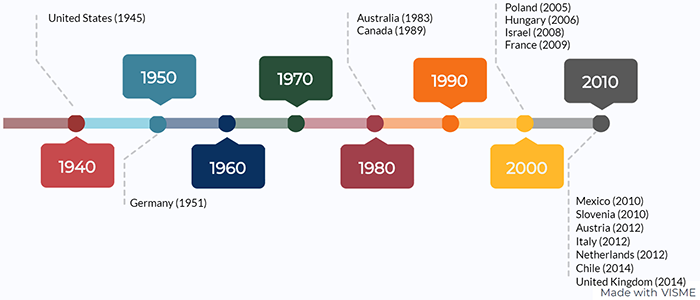Anti-corruption and integrity in the public sector

Lobbyists, Governments and Public Trust, Volume 3
Implementing the OECD Principles for Transparency and Integrity in Lobbying
This report takes stock of progress made in implementing the 2010 Recommendation on
Principles for Transparency and Integrity in Lobbying – the only international instrument
addressing major risks in the public decision-making process related to lobbying.
The review process found that although there is an emerging consensus on the need
for transparency to shed light on lobbying, new regulations are often scandal-driven
instead of forward looking.
In countries that have regulations in place, the degree of transparency in lobbying
varies considerably across OECD members. Moving forward, it will be essential for
countries to focus efforts on the implementation of the Recommendation, in order to
strengthen confidence in the public decision-making process and restore trust in government.
It will also be crucial to strengthen the implementation of the wider integrity framework,
as it is the prime tool for safeguarding transparency and integrity in the decision-making
process in general and lobbying practices in particular.
Published on November 27, 2014
TABLE OF CONTENTS
| Foreword and Acknowledgments | |||||||||||||||||||||||
| Executive Summary | |||||||||||||||||||||||
| Survey methodologies | |||||||||||||||||||||||
|
Lobbying practices, the public decision-making process and citizens’ trust in government5 chapters available
|
|||||||||||||||||||||||
|
Country case studies11 chapters available
|
|||||||||||||||||||||||
Powered by OECD iLibrary
Main findings
Two in five OECD countries have acted to tighten lobbying standards but the degree
of transparency in lobbying still varies considerably from country to country.
New regulations are too often adopted in response to a lobbying scandal rather than
in a forward-thinking way that could prevent problems.
The practice of “revolving doors”, where staff can slip between related public and
private sectors, threatens the integrity of public decision-making. Only a third of
OECD countries have restrictions on hiring lobbyists for regulatory or advisory posts
in government.
